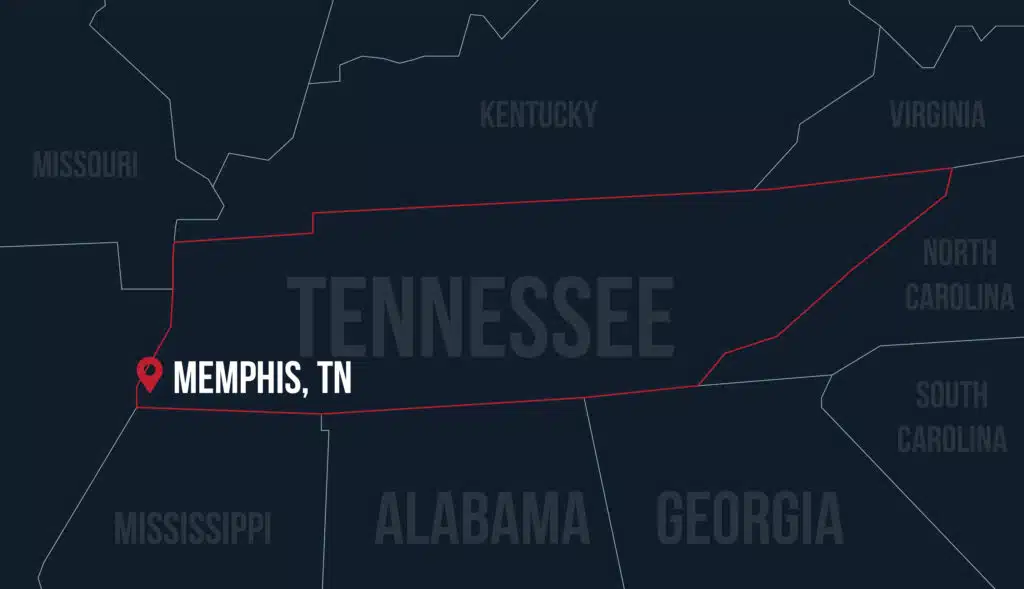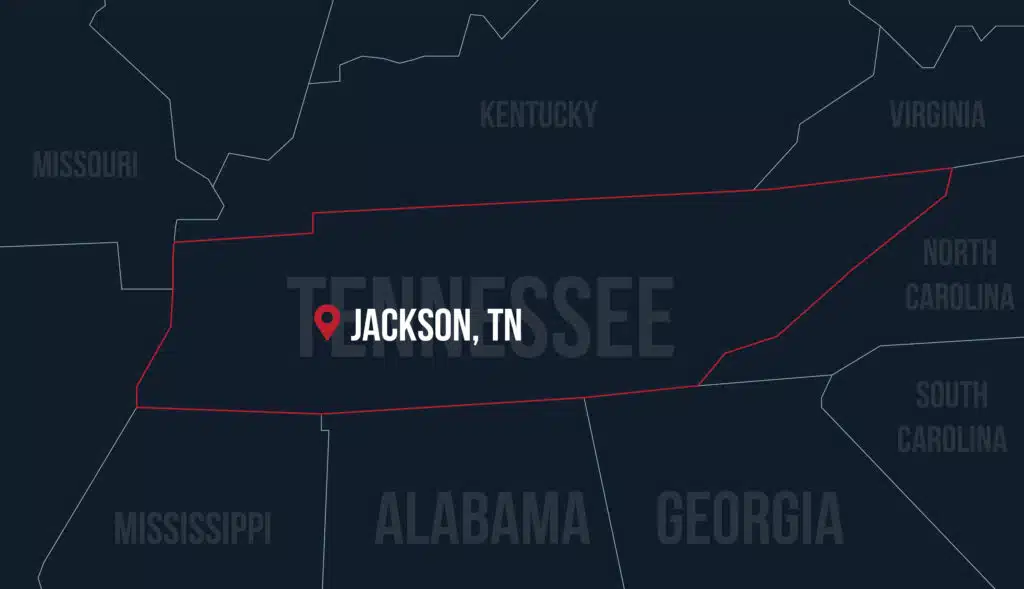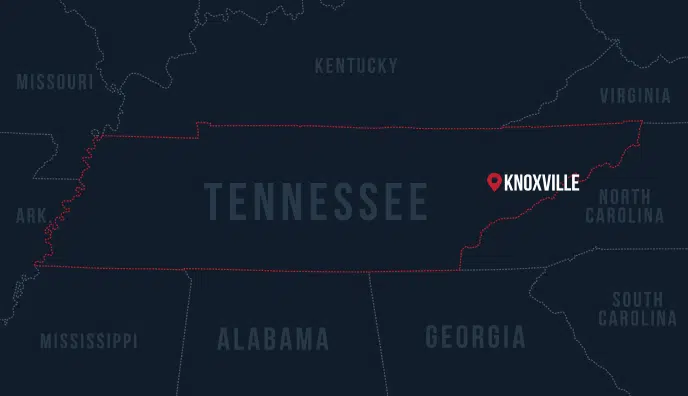Free Consultation | "NST is the Way to Go!"
 Skip to content
Skip to content


At NST Law, we are dedicated to helping injured individuals and their families get the justice and compensation they deserve.


Expertise
Mr. Trotz has handled injury cases involving auto accidents, slip and fall, premises liability, and negligent security. Every day, Mr. Trotz represents those who have been injured and many of his clients have sustained traumatic and life-altering injuries.
Were you involved in a car accident? Are you unsure where to turn or what your rights are? At NST Law, we proudly represent car accident victims across Tennessee. Our experienced and knowledgeable Tennessee car accident lawyers can review the facts of your case and help you file a claim to recover the compensation you deserve. Your first step is to contact us to schedule a free consultation.
In 2021, there were 39,508 fatal auto accidents in the United States. Of those, 1,229 were in Tennessee. Overall, the state saw a 17 percent increase in traffic fatalities from 2019 to 2022. And that does not include the other accidents that led to serious injuries.
Car accident injuries are often due to someone’s negligence. If you suffered an injury in a car accident, Tennessee law allows you to seek compensation for your losses. But navigating the legal process is tricky. A Tennessee car accident lawyer can help you get the compensation you deserve.
At NST Law, we understand a car accident’s effects on your life, family, and finances. We are ready to help you get your life back on track through aggressive legal representation.
After a car accident, you need a Tennessee car accident lawyer who has experience dealing with such cases.
At NST Law, our team has decades of combined experience representing car accident victims throughout Tennessee. We have worked to build our reputation as a professional and skilled personal injury law firm. When you come to us with your car accident claim, you can feel confident we can handle the process from start to finish.
Our team at NST Law is proud to be part of your community. Many of us were born in Tennessee or moved here for law school. We are not only your lawyers but your neighbors and friends. When you come to us for help after a car accident, we take the time to get to know you.
Our Tennessee presence also means we fully understand the local laws, regulations, and preferences of the local court system. This local perspective is invaluable and helps us handle your accident claim with expertise.
Our Tennessee car accident lawyers have helped clients recover over $2 billion in compensation.
In one case, our lawyers recovered $1.5 million for a couple injured in a catastrophic car accident.
We recovered $1.3 million for a young mother whose infant died from injuries suffered in a car accident and $2.2 million for a man severely injured in an auto accident caused by a construction company.
These are just a few examples of how our car accident lawyers have helped accident victims get the compensation they deserve.
We proudly represent accident victims and help them recover compensation for their injuries and damages.
After Marcus A. was struck in a hit-and-run accident, we helped him get a fair settlement. He had this to say about our legal services:
A car rear-ended me and left the scene of the accident. I was a little dazed by the crash. So, I was taken to the hospital, and they kept me overnight. I like that NST has local offices where I can visit the office and meet with attorneys. They knew what they were doing.
Another client, Nakia, had this to say about NST Law:
This was the best experience I’ve had. The whole team that worked on my case stayed in contact, letting me know the process of my case. The outcome was way better than I expected. The staff is friendly and helpful. I would recommend the NST law firm to friends and families. They are the best.

NST Law’s Nashville office is conveniently located to serve you after your accident. Schedule a free consultation with one of our Brentwood or Hendersonville car accident lawyers.

Were you injured in a car accident in East Tennessee? Whether you were sideswiped in Knoxville or rear-ended in Kingsport, we are here to help. Call our office near you to schedule a free consultation with a Johnson City car accident lawyer.
Our experienced Chattanooga car accident lawyers can get started on your case immediately. Call our office for a free consultation.

Driving in Tennessee comes with many risks. Some of the most common types of car accidents we see throughout the state include:
US Route 129, or “The Tail of the Dragon,” is the most dangerous road in Tennessee. It has earned this reputation due to the many accidents and fatalities. The road curves through the Appalachian Mountains, which makes it challenging to see what is ahead.
Other dangerous roads in Tennessee include:
You may not think you are entitled to compensation if you are found at fault or partially to blame for a car accident. However, this is not the case. We recommend you call our law firm to discuss your case and rights.
Tennessee follows a modified version of the comparative fault system, meaning it is possible to recover compensation if you share fault for the car accident with someone else. According to the law, you must be less than 50 percent at fault to recover compensation. However, the compensation you can recover will be reduced in proportion to your share of the fault.
Tennessee requires drivers to carry the following minimum insurance coverage:
After a car accident, talking to the insurance company is stressful. There are many factors to consider, and the insurance company may try to convince you to take a low settlement.
We encourage you to call our Nashville car accident lawyers for help. Insurance companies only care about their bottom lines. They will not prioritize your best interests and will try to minimize your compensation. A skilled and experienced lawyer can counter these tactics and give you the best shot at recovering the compensation you deserve.
Determining which insurance pays for damages depends on various factors, such as who was at fault and the types of insurance policies involved. Here are some key things to keep in mind:
After a car accident, dealing with the complex legal process is something you want to avoid. This is where our experienced Tennessee car accident lawyers come in.
We offer personalized guidance and effective representation to help you recover the compensation you deserve.
You can recover several types of compensation when you file a car accident lawsuit. Examples include:
We can evaluate your case to determine what compensation you may receive.
If your family member is killed in a car accident or dies because of the injuries they sustained, we can help you pursue a wrongful death claim. In these cases, you can seek compensation for funeral costs, loss of the deceased’s future earnings, and loss of companionship.
Compensation can come from various sources, including the at-fault driver’s insurance, your uninsured/underinsured motorist coverage, or a third party. We can help you understand how you can recover compensation based on the facts of your case.
Yes, Tennessee caps non-economic damages, such as pain and suffering, at $750,000. For catastrophic cases, this cap rises to $1 million. There is no cap on economic damages like medical bills and lost wages.
The statute of limitations for car accident cases in Tennessee is just one year. This makes it even more essential to act quickly and seek legal advice.
After a car accident, you need an experienced, knowledgeable legal team. At NST Law, you can count on our attorneys and entire legal team to advocate on your behalf and help you at each step of the settlement process.
The first step is to contact our office to schedule a free consultation. We are ready to help you.
After a car accident, you may have questions. Here are answers to the most commonly asked questions we hear.
After an accident, get to safety. Check on others involved and help them get to safety, too. Contact the police and emergency services. If you are not seriously injured, gather the names of other drivers involved, witness information, and information about the location.
It is also wise to take pictures or videos of the accident scene. This evidence can be lost or destroyed quickly. Most importantly, seek medical attention, even if you think you aren’t injured, and contact our car accident lawyers.
Common injuries include whiplash, concussions, broken bones, internal injuries, and lacerations. A thorough medical evaluation is essential since some injuries will not show symptoms immediately.
The cost of medical treatment after a car accident depends on how serious your injuries are. Minor injuries may only cost a few hundred dollars, while more severe injuries can cost tens of thousands or more.
Tennessee law requires you to report a car accident to the police if injuries, deaths, or property damage exceed $50. A police report can serve as valuable evidence for your car accident claim.
Your insurance may cover certain losses. If you have purchased uninsured motorist coverage, you can seek compensation from your insurance. If not, you may need to sue the at-fault driver directly. Unfortunately, the process of recovering compensation can be challenging. Contact our Tennessee car accident lawyers to learn more about your legal rights.
Most car accident attorneys work on a contingency fee basis, meaning they only get paid if you receive compensation. The fee is generally a percentage of the settlement or award, usually 25 to 40 percent. At NST Law, we are transparent about the fee charged, which is agreed on before we start working on your case.
Founding Member – Senior Partner
Phone: (731) 427-5550
Founding Member – Senior Partner
Phone: (731) 427-5550
Attorney
Phone: (731) 427-5550
Founding Member – Senior Partner
Phone: (731) 427-5550
Founding Member – Senior Partner
Phone: (731) 427-5550
Attorney
Phone: (731) 427-5550
Attorney
Phone: (731) 427-5550
Attorney
Phone: (731) 427-5550
Attorney
Phone: (731) 427-5550
Attorney
Phone: (731) 427-5550
Attorney
Phone: (731) 427-5550
Attorney
Phone: (731) 427-5550
Attorney
Phone: (731) 427-5550
Attorney
Phone: (731) 427-5550
Attorney
Phone: (731) 427-5550
Attorney
Phone: (731) 427-5550
Attorney
Phone: (731) 427-5550
Attorney
Phone: (731) 427-5550
Attorney
Phone: (731) 427-5550
Attorney
Phone: (731) 427-5550
Attorney
Phone: (865) 684-1000
Attorney
Phone: (865) 684-1000
Attorney
Tennessee
Attorney
Phone: (615) 777-7777
Attorney
Phone: (731) 427-5550




Contact us for a free consultation now so that we can review your case and decide how we can best help you.
